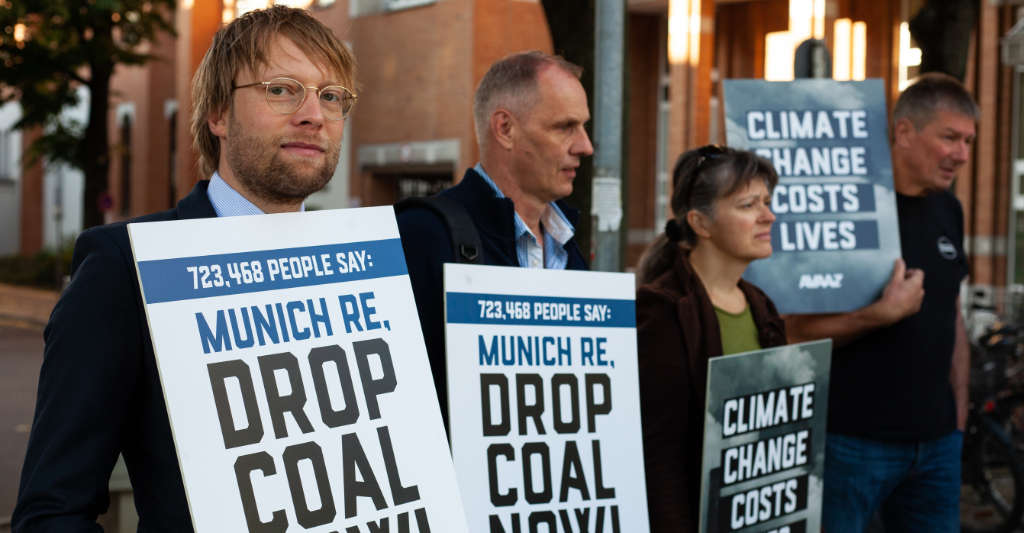COAL REGIONS
As Europe moves beyond coal, into a future energy system based completely on renewable energy sources, we need a fast and fair transition for workers and communities.
European communities historically relying on fossil fuel industries are facing big changes from the inevitable 2030 coal exit, and the need to bring an end to fossil gas by 2035. The end of coal this decade means there is no need for further expansion of coal mines. The sooner positive action moves communities beyond coal and towards renewable energy and other sustainable forms of economic activity, the greater the benefits will be for their health, prosperity, and access to clean water.
The power sector is at the forefront of the transition to a healthier, more prosperous and sustainable future. It is vital that we get this first phase of the transition right, so that we cut emissions in line with climate science, and simultaneously build trust with citizens and business. Energy companies have a responsibility to provide clear plans on phasing-out coal by 2030, and governments at all levels need to work with fossil fuel-intensive regions to deliver tailored strategies for their transition.
JUST TRANSITION
As Europe moves beyond coal, to a future energy system based completely on renewable energy sources, we need a fast and fair transition for workers and communities. This means supporting the impacted communities to retool their economies around new, clean jobs, avoiding the unemployment and brain-drain associated with industrial decline. The deep-rooted industrial heritage of many of these regions means they have many of the skills and experiences needed to support the rapid build up of Europe’s renewable energy sectors. This is an asset in these quickly changing times, yet a just transition does not necessitate a one-for-one shift from fossil fuel based jobs to renewable energy ones. Communities will determine their own futures.
To support these regions in the transition, the European Commission established the Just Transition Platform, which builds on the existing Initiative for Coal Regions in Transition. It also offers technical assistance to develop and implement just transition plans. For non-EU member states, there is the Initiative for coal regions in transition in the Western Balkans and Ukraine. It mainy delivers support to coal regions in Bosnia and Herzegovina, Kosovo, Montenegro, North Macedonia, Serbia, and Ukraine.
To secure the transformational change that is needed to deliver upon the EU’s climate-neutrality goal, and fulfil the goals of the UN Paris climate agreement, fossil fuel-intensive regions also require financial support. This is available to EU member states in the form of the bloc’s EUR17.5 billion Just Transition Fund. Funds must be used to up-and-re skill workers, provide job-search assistance, rehabilitate industrial sites in-line with environmental standards, and transform carbon-intensive installations. They should only be granted where there is a commitment to end coal by 2030, and processes for drawing up plans have been participatory and transparent. Fortunately, it is already agreed that the money from this fund cannot go to fossil gas as a just transition option.
BRIEFINGS & REPORTS:
Seven Golden Rules for open and inclusive just transition planning at the regional level.
Seven Golden Rules GraphicSaying adiós to coal
STORIES
Fast Fish: Pioneers Of Spain’s Energy Transition
PARTNER LINKS
WWF – Coal and Just Transition
Bankwatch Network – Just Transition
https://www.just-transition.info
RELATED CONTENT
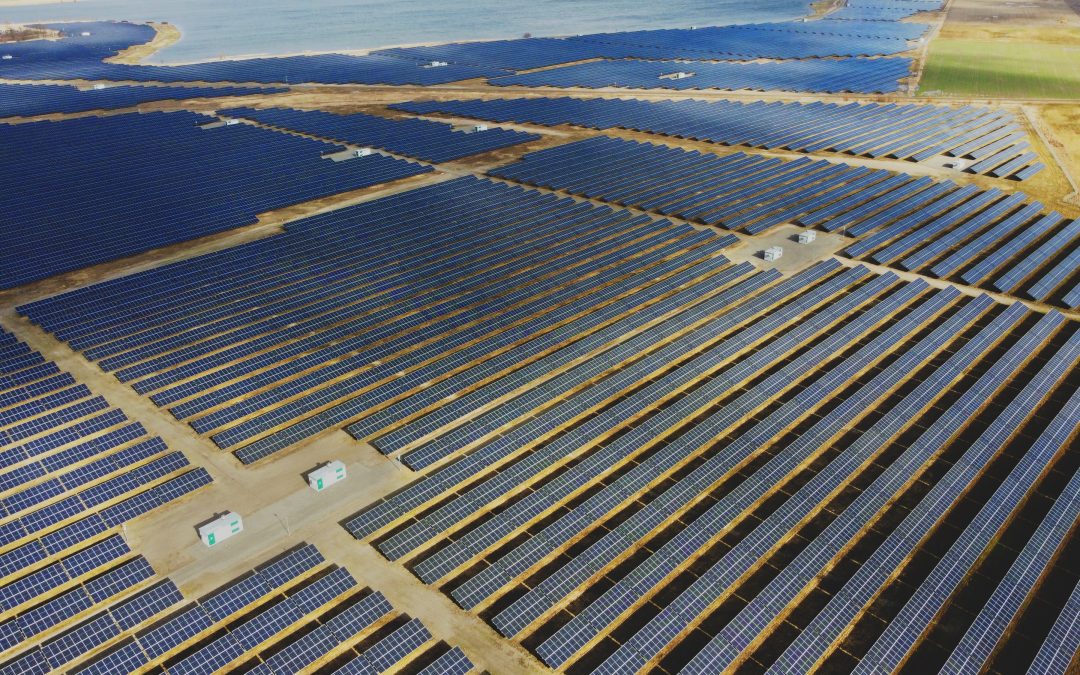
Calling time on Coal: Eastern Greater Poland
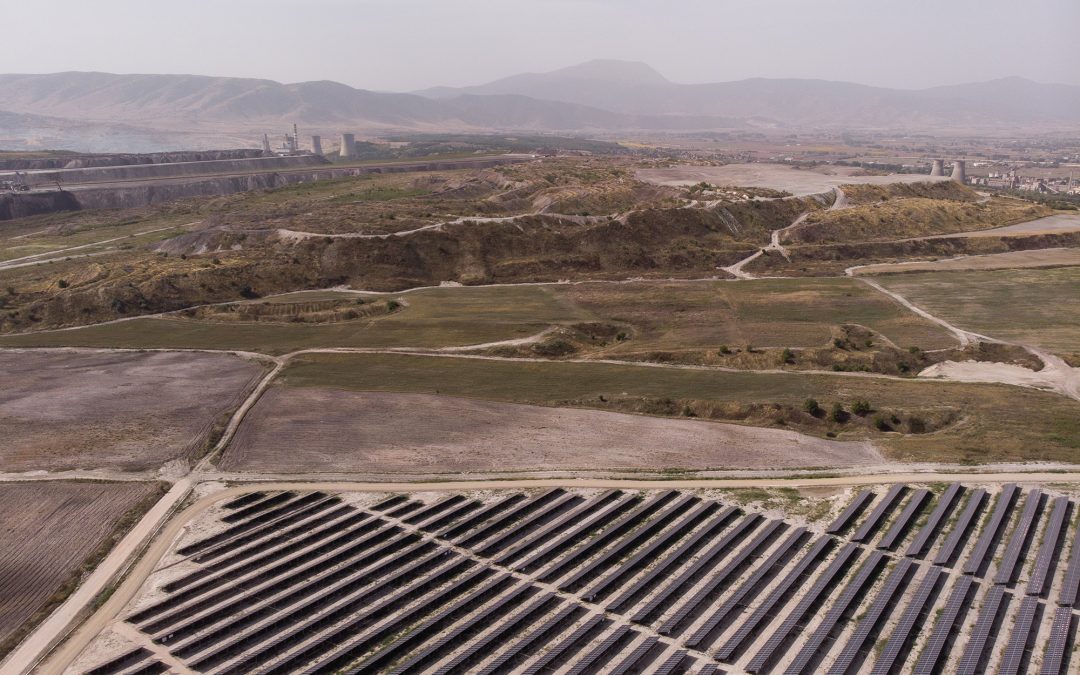
Hellenic hope: rapid solar build-out transforms Greece’s coal-laden Valley of Tears
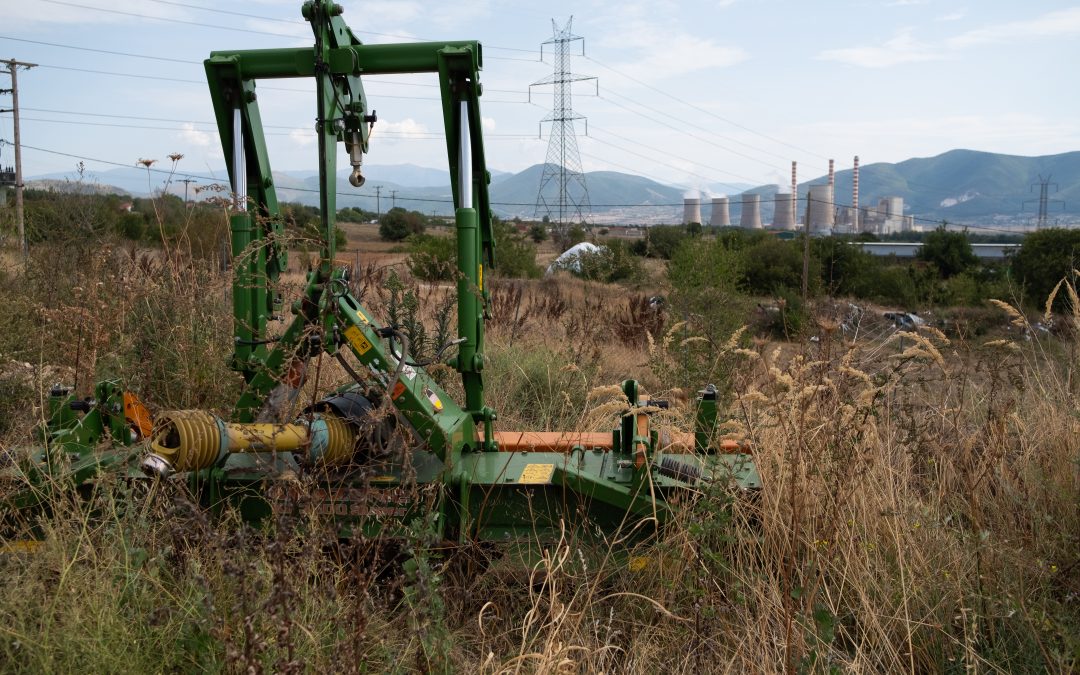
How can we assist you?
MINING IN EUROPE – STATUS
There are more than 50 coal mining regions in Europe, spread across 17 countries. Germany and Poland are topping the list of coal producers, followed by Turkey and, to a lesser extent, by Serbia, Czech Republic and Ukraine. The total quantity of coal extracted from mining fields in Europe decreased by one third over the last five years, and on average by 3 percent each year in the last decade, standing at approximately 480 million tonnes in 2020.
This steady decline in production concerns both lignite – extracted from a majority of coal mines – and hard coal, which is now produced in just five countries, of which primarily Poland and Ukraine. Against the backdrop of a 2030 coal exit and in spite of the downward trend in coal production, there is still a significant number of projects for the development of new mines or to expand existing ones, with a majority of these located in Turkey, and the remainder mainly in Poland and in the Western Balkans.
Deep hard coal mining is associated with a not well known additional climate impact: that of methane emissions, to which in particular the Polish hard coal mines are a significant contributor.
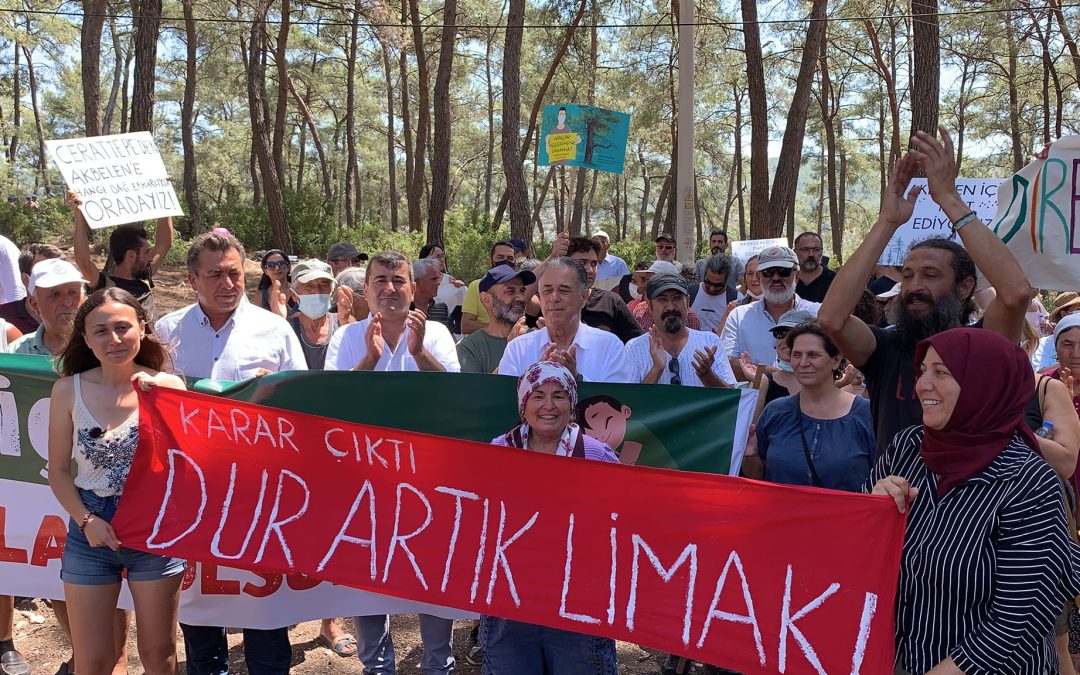
Akbelen struggle gives hope in these difficult days

Last Gasp: The coal companies making Europe sick
MINING DESTROYS VILLAGES
Mining is causing drought, noise, dust, and flash floods affecting local communities. Thousands of people are at risk of losing their access to drinking water. Communities such as those living close to the Garzweiler II open pit lignite mine in North Rhine-Westphalia in Germany, and Poland’s Turów coal mine, located on a sleeve of land between the Czech and German borders, are fighting for the obvious: the protection of their health and livelihoods.
A cluster of villages located close to RWE’s gapping Garzweiler II open pit lignite mine have come to represent the front line of Germany’s climate resistance movement. For years, these communities have lived under the threat of pointless destruction for coal. Many villagers have bravely stood up to RWE and fought for the survival of their communities. They have been supported by a diverse coalition of climate activist groups who, across the years, have established camps to defend the nearby Hambach Forest, occupied the villages, and even entered the cavernous mine and scaled machinery to bring operations to a halt.
For too long, the specter of RWE has hovered over these communities, as the company waits for its opportunity to subsume them. Some, like Immerath, have not survived. But a critical fight was won in November 2021, when Germany’s government-in-waiting announced that all but one of the remaining villages would be spared. It leaves the iconic Lützerath as the only village whose fate is uncertain. That is now the job of the courts. But Lützerath is not alone. Surrounding villages and activists continue to fight for its survival and what it represents: “Defend Lützerath, Defend 1.5°C.”
Links:
https://www.alle-doerfer-bleiben.de
Stories:
https://beyond-coal.eu/2020/03/11/rwes-senseless-destruction/
https://beyond-coal.eu/2018/01/31/sacrificing-culture-communities-coal/
Turow
Poland’s Turów coal mine has long been gulping up water in the region, leaving entire Czech villages dry and damaging nearby houses. In February 2021, the Czech government moved to sue Poland at the European Court of Justice after repeated attempts to get the Polish government to address the water crisis fell on deaf ears. In May 2021, the court ordered an immediate temporary halt to operations at the mine while it came to its ruling. The mine’s operator, PGE, has ignored the court’s order, and has continued excavation as normal. This led the court to fine Poland €500,000 for each day it breaches the ruling.
PGE and the Polish government want to operate the mine until 2044, a plan that is totally incompatible with climate science and coal’s dire economics. It also leaves the Bogatynia region unable to access the EU’s Just Transition Fund because it is not planning for an energy transition this decade. Europe Beyond Coal together with local people and activists is calling for a planned phase out of coal in the region this decade, enabling workers to transition to new jobs, and local communities in neighbouring countries to regain their basic right to water. Polish think tank Instrat has shown that Poland’s energy grid would continue unhindered if Turów permanently closed in 2026, while a report by Poland’s National Chamber of Energy Clusters shows it would be over 14 billion euros cheaper to build a renewables-based alternative to the current Turów complex, with more jobs created in the process.
Links:
https://stopturow.com/pl.php
€500,000 for each day illegal mining continues at Turów
Joint Letter:
https://beyond-coal.eu/wp-content/uploads/2020/08/Turow-joint-statement_FINAL.pdf
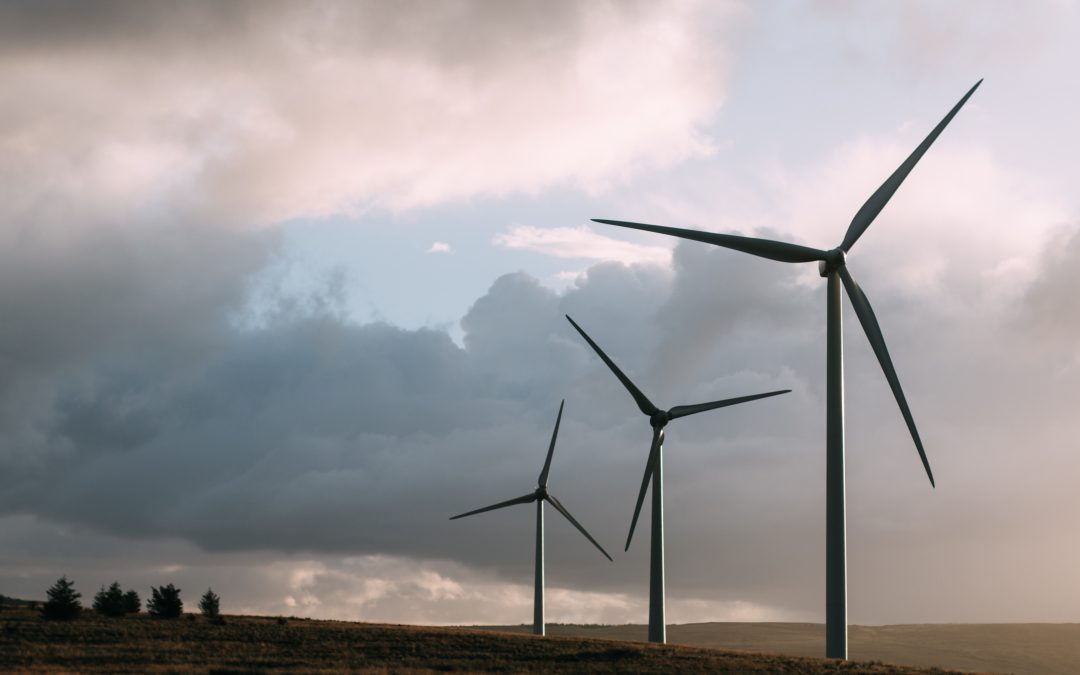
“Commit to higher ambition on energy,” EU ministers told by over 100 businesses and NGOs
Brussels, 7 December 2022 – More than 100 businesses and civil society organisations are urging European energy ministers to commit to higher 2030 energy targets – 50 percent renewables, and 20 percent efficiency – as the only realistic win-win...
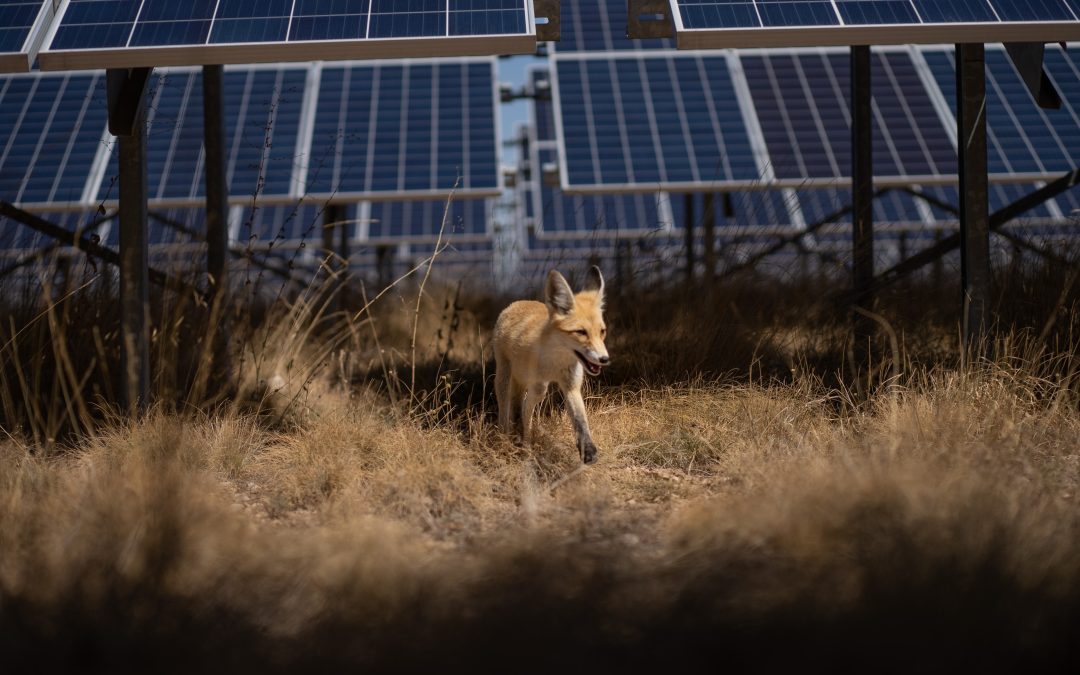
Turkey’s open-cast coal mines can host enough solar to power almost seven million homes
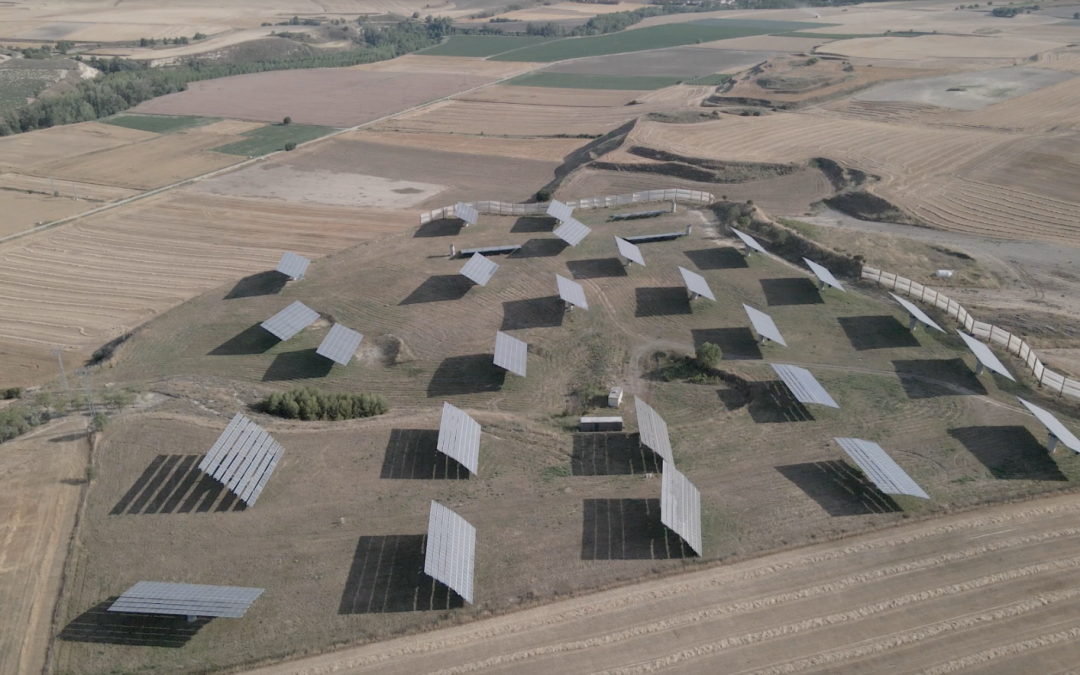
Watch our short documentary ‘Fast Fish’ on Waterbear
WATER
Coal-fired electricity impacts water at every stage of its production. Lowered groundwater levels, hazardous substances and mine pits take decades to restore and remediate, and the costs are likely to fall on the public.
Impacts in numbers
- A typical coal plant withdraws enough water to fill an Olympic-sized swimming pool in less than four minutes.
- For every tonne of coal mined, between 1 and 2.5 cubic meters of groundwater reserves are contaminated.
- Coal combustion emits 16 tonnes of mercury to the air, water and soil every year, and mercury contamination is one of the most common reasons rivers and lakes are not in good chemical status
In the EU in particular, there are 5 actions to protect water
Governments need to:
- Stop new lignite projects
- Charge coal companies a fair price for the water they use
- Apply strict emission limits for mercury and close plants before 2027
- End the abuse of exemptions from EU environmental law
- Ensure transparency on water abstraction data
Water authorities across the EU are currently updating the plans on how they will bring life back into our freshwater ecosystems during the next six years. The plans developed are particularly important because EU water laws set 2027 as a deadline to bring our rivers, lakes and groundwater back to ecological health. However, a recent report shows that many EU countries are set to miss this legally binding target.
Is coal endangering our access to water?
Big coal drains water and skip the bills
RENEWABLES
As the coal phase-out continues to gain momentum, the question of what will replace it in power and heating systems becomes more crucial – especially in places where fossil fuels once employed workers.
By scaling up renewable energy systems, the goal is to defossilise the electricity and heating systems in a just way for all, while avoiding land use conflicts by reusing space previously occupied by coal plants or mines. Research from The Nature Conservancy shows we can globally meet clean energy goals 17 times over by deploying new energy infrastructure on previously converted areas such as agricultural lands, mine sites and other transformed terrain.
A similar study conducted by the Joint Research Center of the European Commission in 2020 outlines the technical potential to be 821GW for wind and 1,516GW for solar in coal regions in the EU. This equals more than half of renewables deployment needs for the EU to reach carbon neutrality by 2050.
Realising the full potential of renewable energy in coal regions is an essential part of the just transition process, and would create multiple benefits for affected communities, while helping to deliver on overall climate targets.
Renewables in coal regions is a cross-cutting objective of our Europe Beyond Coal coalition to help speed up the demise of fossil fuels and the rise of renewables that benefit communities and ecosystems.


